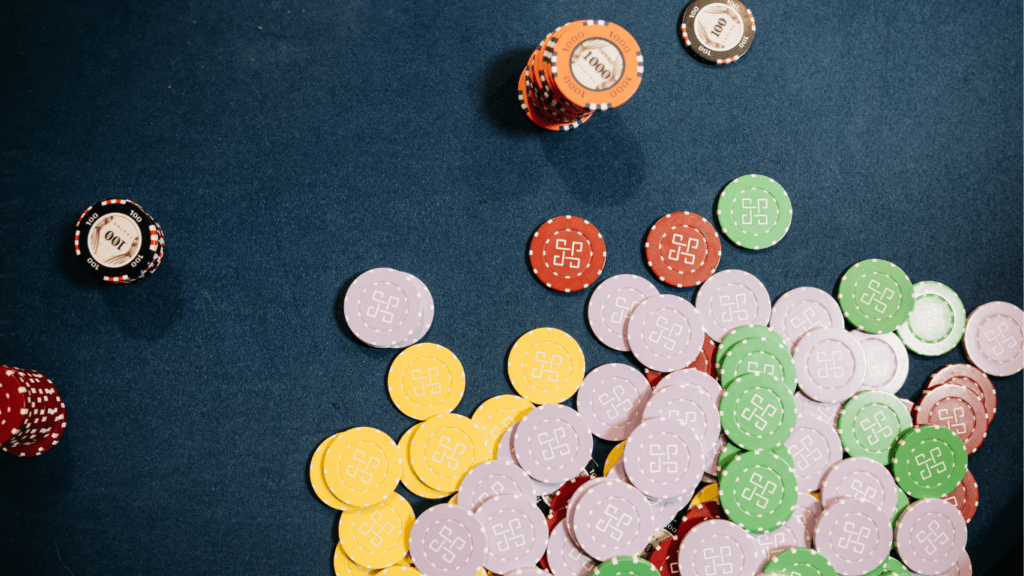Understanding Randomness
Randomness describes an event that lacks predictability and follows no discernible pattern. For example, when I flip a coin, the outcome demonstrates randomness—the result could be heads or tails, yet the specific outcome can’t be predetermined. Despite the absence of order, randomness abounds in nature. Weather patterns, genetic mutations, and even the stock market exemplify systems where randomness plays a crucial role. While I observe these occurrences, it’s evident that randomness is integral to the world’s functioning.
Humans often interpret random events through cognitive biases, like the gambler’s fallacy, which leads me to believe past events affect future probabilities. This misunderstanding skews perceptions of random processes. Probability theory emerges as a mathematical foundation to represent such random events. By applying statistics, I gain insights into:
- large datasets
- observing trends
- patterns
amidst the random noise. Understanding random processes reshapes my interpretations of luck, recognizing that randomness contributes significantly to what I perceive as chance occurrences.
Perceptions of Luck
Randomness deeply impacts how we perceive luck, intertwining with cultural influences and personal beliefs.
Cultural Influences on Luck
Cultural backgrounds significantly affect how people perceive luck. Western cultures often view luck as a chance-based phenomenon, yet many Asian cultures link it to destiny and harmony. In China, the number 8 symbolizes prosperity, while the color red is considered lucky. Meanwhile, Irish culture embraces the concept of the “luck of the Irish,” associating luck with both fortune and resilience. These cultural interpretations shape individuals’ understanding and reactions to lucky events.
Personal Beliefs and Superstitions

- Personal beliefs and superstitions further mold perceptions of luck.
- Many people rely on rituals to attract good luck, like carrying a rabbit’s foot or avoiding walking under ladders.
- These actions, though lacking scientific basis, provide individuals with a sense of control over randomness.
- Psychological tendencies, such as confirmation bias, also play a role.
- People tend to remember lucky outcomes more than unlucky ones, reinforcing their belief in personal luck.
These beliefs often become self-fulfilling, influencing how individuals approach life’s uncertainties.
The Science Behind Randomness
Understanding randomness requires examining the underlying science that governs unpredictable events. Probability and statistics play a crucial role in quantifying and interpreting randomness.
Probability and Statistics
Probability theory allows me to measure the likelihood of random events. For example, tossing a fair coin results in a 50% chance of landing on heads or tails. Probability distribution models like Gaussian or normal distribution help analyze large datasets, revealing patterns amidst randomness. Statistics use these probability models to interpret data and make predictions. By analyzing sufficient data, I can recognize the random patterns and better understand their impact on perceived luck.
Randomness in Nature
Natural systems frequently exhibit randomness, which influences various phenomena. In weather systems, chaotic variables lead to unpredictable outcomes, making long-term forecasts challenging. The stock market behaves similarly; despite patterns in historical data, unanticipated global events introduce randomness that affects financial outcomes. These examples illustrate how inherent randomness in nature complicates prediction, questioning the perception of luck as merely chance-based. Understanding randomness helps in explaining these complex systems and their influence on our sense of fortune.
Randomness and Decision Making
Randomness significantly impacts decision making by altering perceptions of chance and outcomes. Recognizing this influence, I delve into cognitive biases that skew judgment in unpredictable situations.
The Gambler’s Fallacy
The Gambler’s Fallacy occurs when individuals believe past random events affect future probabilities. This misconception leads to flawed decisions, like assuming a coin must land tails after several heads. By understanding the independence of each event, I aim to correct this fallacy, emphasizing the constant 50% probability for each flip. Awareness of this bias helps improve prediction strategies.
Confirmation Bias
Confirmation Bias involves favoring information that aligns with pre-existing beliefs while ignoring contrary evidence. When faced with random events, individuals remember outcomes that support their perceived luck. By recognizing this mental shortcut, I encourage seeking balanced perspectives in decision making, improving judgment under uncertainty. Understanding confirmation bias enables a more rational evaluation of chance events.



 Legal and Compliance Advisor for Key Gamble Lucky, Lucas specializes in navigating the complex landscape of casino game strategies, offering expert betting tips, and analyzing industry trends. With a strong background in gambling law and industry analysis, Lucas ensures that the platform remains up-to-date on regulatory changes while providing readers with valuable insights into the legal aspects of gambling. His expert advice helps readers sharpen their skills, make more informed decisions, and improve their overall betting outcomes, all while staying compliant with the latest legal standards.
Legal and Compliance Advisor for Key Gamble Lucky, Lucas specializes in navigating the complex landscape of casino game strategies, offering expert betting tips, and analyzing industry trends. With a strong background in gambling law and industry analysis, Lucas ensures that the platform remains up-to-date on regulatory changes while providing readers with valuable insights into the legal aspects of gambling. His expert advice helps readers sharpen their skills, make more informed decisions, and improve their overall betting outcomes, all while staying compliant with the latest legal standards.